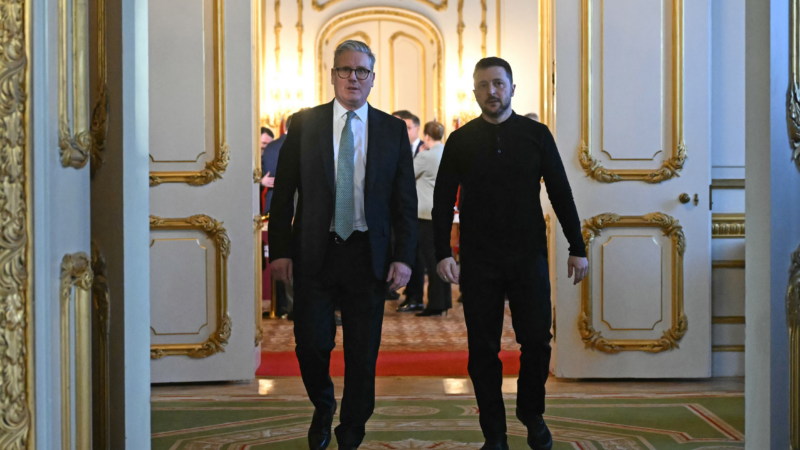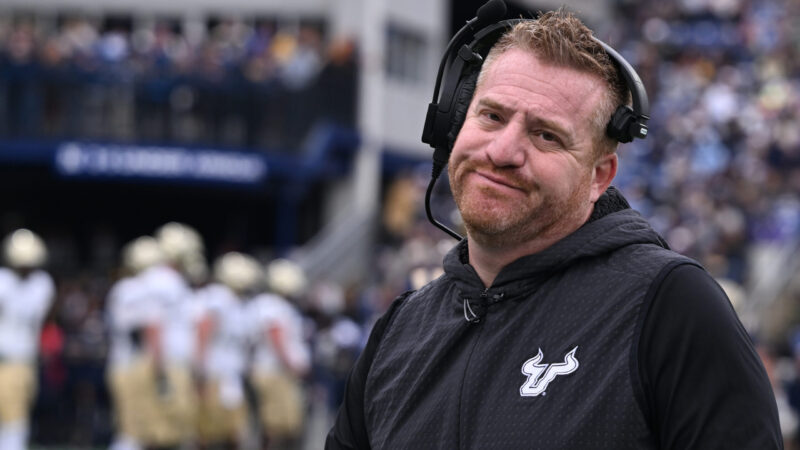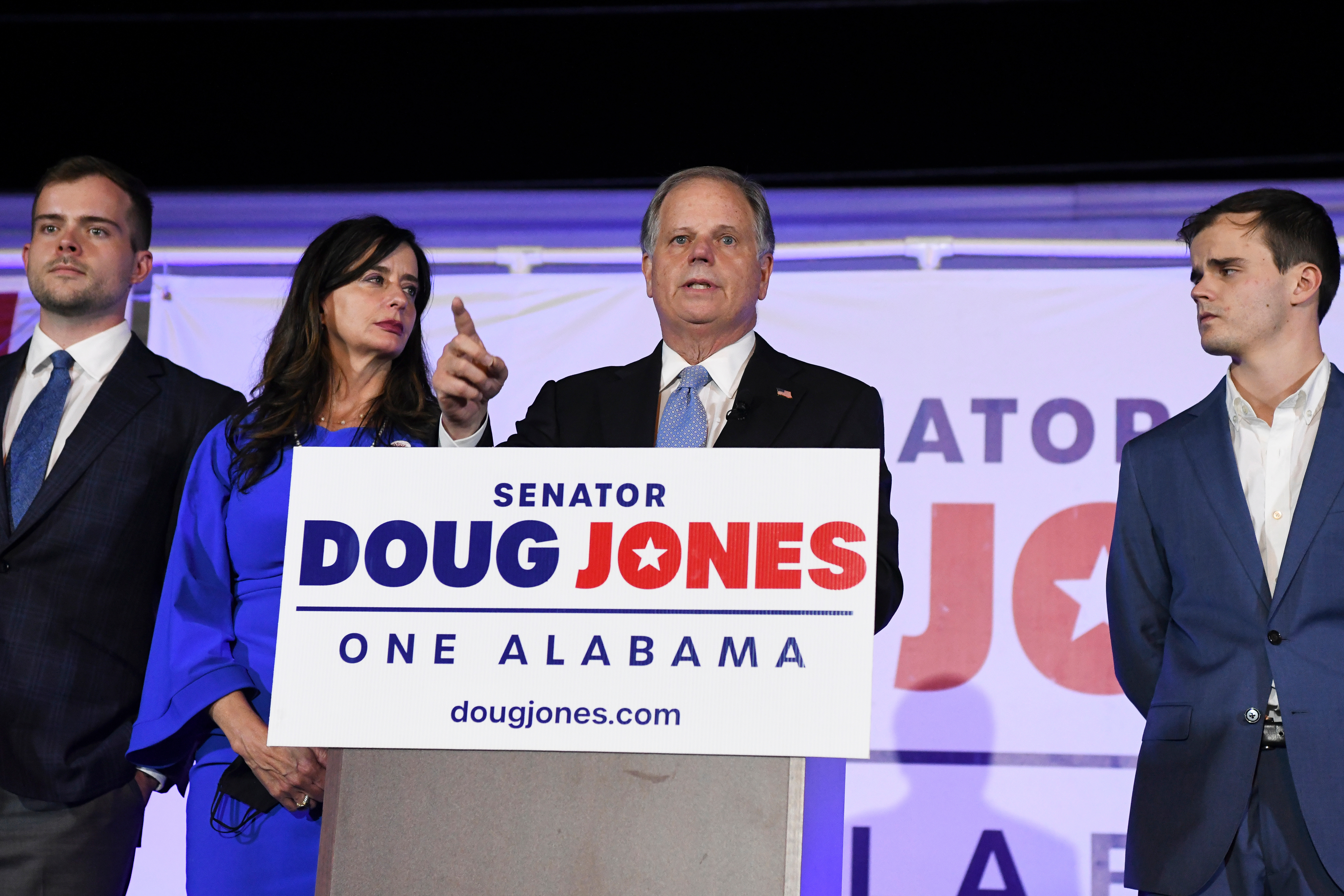UK prime minister unveils steps toward a Ukraine peace deal, urges US cooperation
British Prime Minister Keir Starmer on Sunday laid out a framework for a plan to end Russia’s war in Ukraine — one where Europe will lead the charge for securing peace — while still relying heavily on U.S. backing.
The proposal is the result of emergency talks held by European leaders in London following President Trump’s heated exchange with Ukrainian President Volodymyr Zelenskyy at the White House last week.
Over the weekend, leaders from over a dozen countries got together to discuss a roadmap to peace and security for Ukraine, as the country faces its third year of war with Russia. The emergency summit was also aimed at working to preserve Ukraine’s relationship with the U.S. and America’s involvement in the war overseas.
Starmer said that Europe must do the “heavy lifting” to secure a lasting peace agreement between Russia and Ukraine, and that the U.K. should lead the front. He emphasized that “this effort must have strong U.S. backing.”
“ Through my discussions over recent days, we’ve agreed that the U.K., France and others will work with Ukraine on a plan to stop the fighting,” Starmer said at a press conference Sunday. “Then we’ll discuss that plan with the United States. And take it forward together.”
UK leads on pledge to boost military spending for Ukraine
The prime minister outlined four key priorities that would guide the proposal. The first was to put Ukraine “ in the strongest possible position now so that they can negotiate from a position of strength.”
To do so, Starmer vowed the United Kingdom would ramp up its support for Ukraine. That includes a loan of 2.26 billion British pounds ($2.84 billion). Starmer noted that the funds will not be coming from British tax dollars, but rather profits from frozen Russian assets. Ukraine will also be able to dip into the 1.6 billion pounds ($2 billion), in U.K. export finance to purchase over 5,000 air defense missiles.
Second, Starmer said, European leaders agreed it is important to ensure Ukraine’s sovereignty and security. A third goal was to ensure Ukraine had robust defensive capabilities to protect itself from any potential future invasions.
The fourth aim was to develop a “coalition of the willing” among countries wanting to guarantee and possibly provide troops to defend long-term peace in Ukraine. He said “ a number of countries” have expressed interest in being involved, adding that he would leave it to them to announce their participation.
”Not every nation will feel able to contribute, but that can’t mean that we sit back,” Starmer said. “ Instead, those willing will intensify planning now with real urgency.”
For the United Kingdom, this involves preparing to deploy soldiers and aircraft, the prime minister said.
The prime minister said that such a coalition would rest on the premise that the U.S. will be involved — without deploying its own troops. ”That is why I spoke to President Trump last night before we develop the work on this plan,” Starmer said.
At the press conference, Starmer responded to last week’s incident at the White House, where Trump scolded Zelenskyy and described the Ukrainian leader as being ungrateful.
“ Nobody wanted to see what happened last Friday, but I do not accept that the U.S. is an unreliable ally,” Starmer said. “The U. S. has been a reliable ally to the U.K. for many, many decades and continues to be.”
Starmer stressed the need to help Ukraine secure long-term peace, but also said that it cannot come at the expense of a “weak deal” that would allow Russia to “breach with ease.”
The need to defend Ukraine, Starmer said, is critical in order to avoid a broader conflict.
“ I do not want conflict in Ukraine, in Europe and certainly not in the United Kingdom,” Starmer said. “The way to ensure that stability is to ensure that we are able to defend a deal in Ukraine, because the one thing our history tells us is that if there is conflict in Europe, it will wash up on our shores.”
Auburn tabs USF’s Alex Golesh as its next coach, replacing Hugh Freeze on the Plains
The 41-year-old Golesh, who was born in Russia and moved to the United State at age 7, is signing a six-year contract that averages more than $7 million annually to replace Hugh Freeze. Freeze was fired in early November after failing to fix Auburn’s offensive issues in three seasons on the Plains.
Alabama Power seeks to delay rate hike for new gas plant amid outcry
The state’s largest utility has proposed delaying the rate increase from its purchase of a $622 million natural gas plant until 2028.
Former U.S. Sen. Doug Jones announces run for Alabama governor
Jones announced his campaign Monday afternoon, hours after filing campaign paperwork with the Secretary of State's Office. His gubernatorial bid could set up a rematch with U.S. Sen. Tommy Tuberville, the Republican who defeated Jones in 2020 and is now running for governor.
Scorching Saturdays: The rising heat threat inside football stadiums
Excessive heat and more frequent medical incidents in Southern college football stadiums could be a warning sign for universities across the country.
The Gulf States Newsroom is hiring an Audio Editor
The Gulf States Newsroom is hiring an Audio Editor to join our award-winning team covering important regional stories across Mississippi, Alabama and Louisiana.
Judge orders new Alabama Senate map after ruling found racial gerrymandering
U.S. District Judge Anna Manasco, appointed by President Donald Trump during his first term, issued the ruling Monday putting a new court-selected map in place for the 2026 and 2030 elections.









